- This course has passed.
Managing the Training & Development Function
January 12 @ 9:00 am - January 16 @ 3:00 pm
KD 2200
OBJECTIVES
• Have acquired insight into modern concepts in Human Resource Development and the impact of such concepts on the role of a Training Manager
• Understand how to contribute more effectively to staff and organizational development
• Adopt different approaches in identifying training and development needs, as well as in organization development
• Learn how to write effective training policies
• Recount training and development methods other than those used in the traditional classroom Environment
• Write behavioral objectives for training sessions as well as for training program
• Have acquired various skills in designing an effective training program
• Evaluate the effectiveness and efficiency of their training program systematically
• Recommend the design of the new training and development program to management
WHO SHOULD ATTEND?
• An Analyst who sees the management of training and development as a career route
• Controllers in a training organization.
• A Manager for whom a period managing training and development activities is part of a career path
COURSE OUTLINE
PRINCIPLE OF TRAINING AND DEVELOPMENT
– What is Training and Development
– The Concept of Empowerment
– The Concept of Core Competence
– Human Resource Management and Human Resource Strategies
– The Learning Organization
– The Training Cycle
– The Changing Role of a Training Manager
IDENTIFYING TRAINING NEEDS
– What is Training Needs
– Why do Training Needs exist?
– Role of Training in Managing Change
– Kinds of Training Needs
– Tools in Assessing Individual Needs
– The Training Needs Survey
– Assessing Group Needs
– Assessing Organization Needs
FORMULATING TRAINING POLICY
– Definition and Function of a Training Policy
– Fundamental Concepts Underlying a Training Policy
– Contents of a Training Policy
– Writing Effective Training Policies
– Politics in Presenting Recommendations
FUNDAMENTALS IN DESIGNING NEW TRAINING PROGRAMME
– Principles of Audit Learning
– Varieties of Training and Development Methods
– Choosing an Effective Training Method
– Evaluation of Different Training Methods
COURSE AND SESSION PLANNING
– Steps in Session Preparation
– Kinds of Behavioral Objectives
– Writing Effective Behavioral Objectives
– Developing Training Points
– Ordering Training Materials
– Writing Training Brief
DESIGNING TRAINING PROGRAMME
– Steps in Program Design
– Writing Statement of Objectives
– Designing Program Content
– Types of Training Program
– Tools in Training and Development
– Choice of Training Tool
– Practical and other Considerations in Program Design
USING CASE STUDIES
– Why Use Case Studies
– Elements of a Case Study
– Kinds of Case Studies
– Preparing Case Studies
– Source of Materials for Case Studies
– Tips in Writing Case Studies
TRAINING EVALUATION
– Why Evaluate Training and Development
– Methods and Strategies in Evaluating Training
– Evaluating Individual Learning
– Evaluating Group Learning
– Evaluating Organization Development
– Benchmarking
Related Courses
| Course Title | Date | Location | Price | |
|---|---|---|---|---|
| Compensation Packages & Salary StructuresH.R and Training | 20 - 24 April, 2025 | 5 Days | Doha, Qatar | KD 1,650.00 |
| Advanced Recruitment and Selection SkillsH.R and Training | 20 - 24 April, 2025 | 5 Days | Dubai, United Arab Emirates | KD 1,650.00 |
| TOT – Practitioner Trainer by ROUND™International Standard Training | 20 - 24 April, 2025 | 5 Days | Kuwait, Kuwait | Contact Us for Price |
| HRM Skills for Today’s Leaders and ProfessionalsH.R and Training | 27 - 1 May, 2025 | 5 Days | Dubai, United Arab Emirates | KD 1,650.00 |



